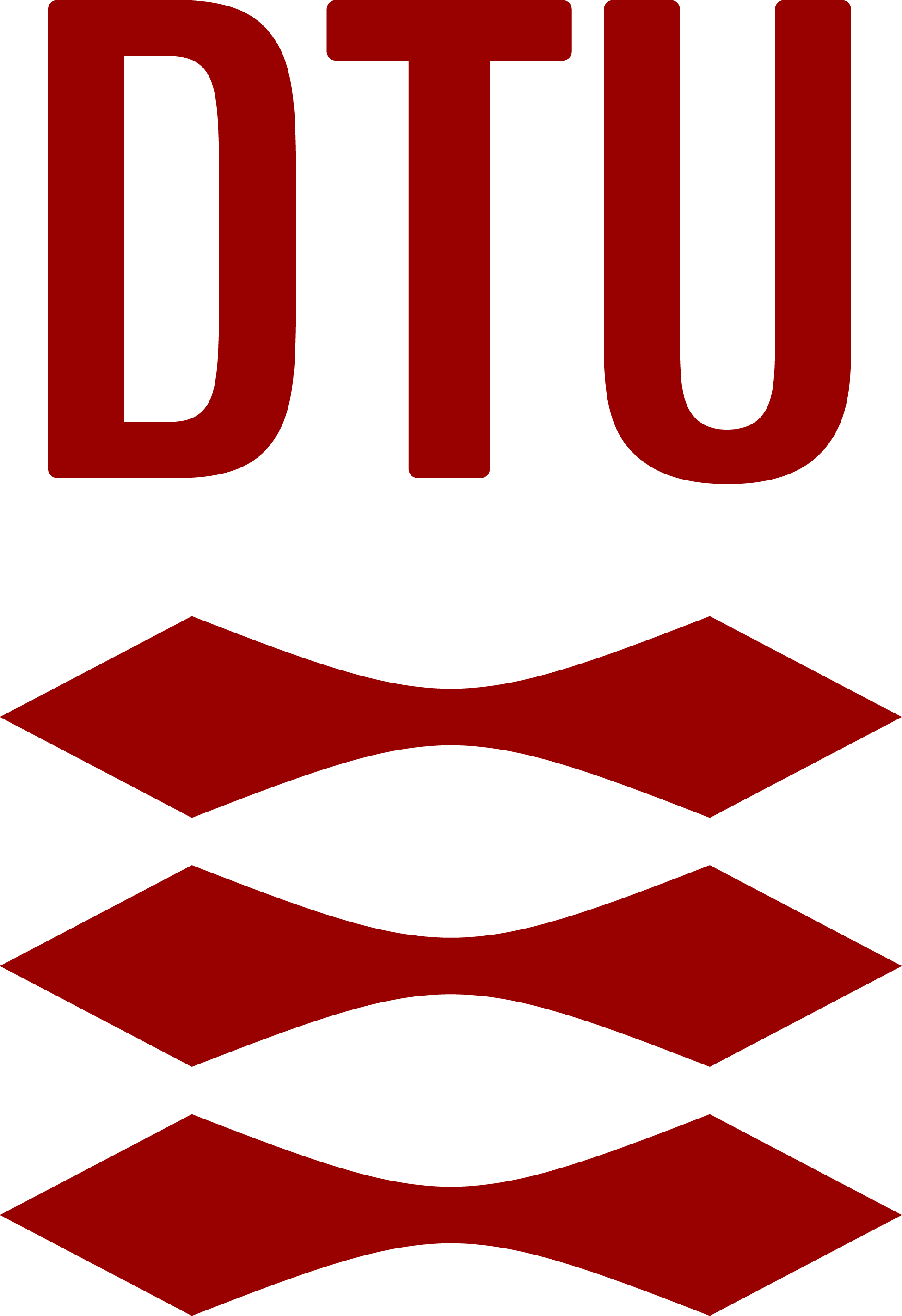Over deze cursus
The main purpose of this course is to introduce students to the methods and tools that are used when transferring a cell from a lab or research environment to pilot and full scale. The student following this course should therefore acquire a better understanding of the interactions between the cells and the hardware (the reactor), and will learn how to aim for optimal conditions for the cells to grow in large scale. The lectures will be given by experienced DTU teachers, combined with guest teachers from industry. The course includes visits to the pilot plant of DTU Chemical Engineering and to industry (e.g. pilot plant environment).
Leerresultaten
At the end of the course the learner will be able to: Set up a mass balance for different bioreactor operating modes Simulate different reactor operating modes and interpret the simulation results Describe the effect of introducing basic process control on a process in a bioreactor Describe the essential challenges related to solid state fermentations and fermentation processes using gaseous substrates Select a suitable set of on-line measurements for a cultivation process, as well as distinguish between pros and cons of specific basic and advanced sensor devices Describe the effect of scale on the performance of a microorganism, as well as pros and cons of different methods to mathematically describe or simulate effects of scale Develop process based strategies to optimize product formation in a fermentation process Distinguish between different downstream unit operations and evaluate the pros and cons of introducing in situ product removal (ISPR) on a specific process Design possible ways to transfer an engineered cell factory to pilot and/or full-scale. Design and implement a basic strategy for collection and handling of data on a fermentation process Distinguish between basic AI tools for fermentation data processing.
Toetsing
Written examination and reports
Voorkennis
Basic knowledge on the use of MATLAB at the start of the course is an advantage, but not a necessity
Activiteiten
Lectures, problem solving, simulation exercises (Matlab/Simulink).
Aanvullende informatie
- Locatie instellingAnker Engelunds Vej 1, Online
- Meer infoCursuspagina op de website van Technical University of Denmark
- Neem contact op met een coordinator
- StudiepuntenECTS 5
- NiveauMaster
- Contact uren per week4
- InstructeursKrist V. Gernaey, Mogens Kilstrup
- InstructievormHybrid
